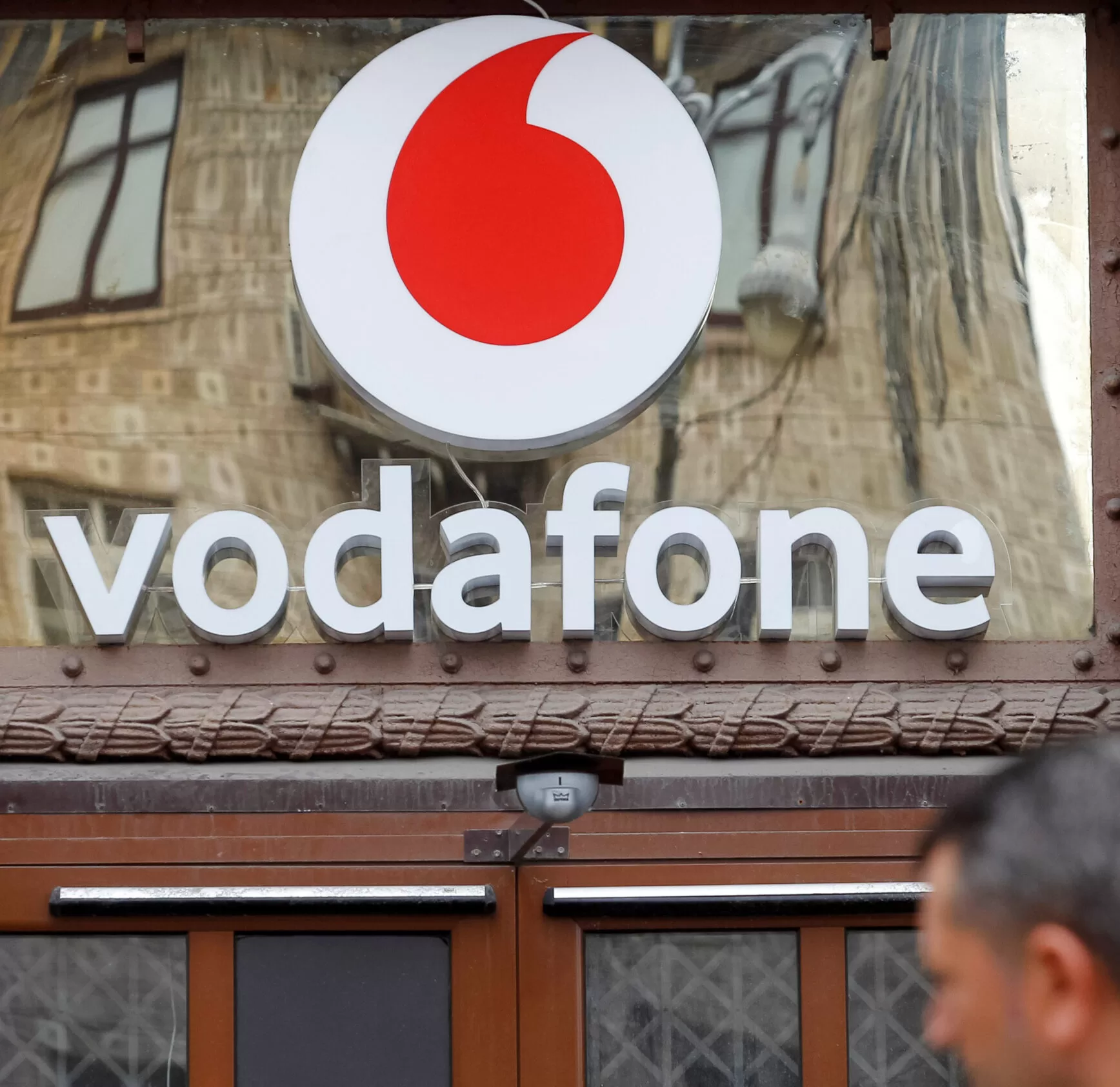Facing looming 5G spectrum financing and rock-bottom data prices, Vodafone gets creative with alternative funding options.
Numerous Indian companies and multinational subsidiaries in India are heading for IPOs in the next few months, as funding capital projects amid India’s infrastructure boom takes precedence over other corporate finance activities.
Vodafone Idea (Vi), India’s third-largest telecom services operator (213 million subscribers), has just completed mega rounds of capital raises so far in 2024, with the final piece, equipment-vendor financing, concluding on July 18. The company has major obligations on capex, debt service, 5G spectrum purchases, dues to equipment vendors, among others, and has designed a capital-raising plan using multiple corporate finance levers in 2024, including asset sales, follow-on public offers, preferential equity sales to a company promoter, and equity allotment to equipment vendors, all of which have been completed for now.
No company’s struggles epitomize the impact of cutthroat competition in the Indian telecom market more than Vi’s. As its larger Indian rivals, Reliance Jio (484 million subscribers) and Bharti Airtel (382 million subscribers), have already completed 5G rollouts across the country, Vi is not even out of the gate yet. Vi will commence its 5G rollout in the next few months, expecting to spend $3 billion to $4 billion. While Hyundai India’s IPO later this year is on track to set a record, it is Vodafone Idea (Vi) that will have ended up raising the largest amount of money, INR 360 billion ($4.3 billion), in corporate India in 2024.
Unlike its larger and well-capitalized rivals, Vi has never turned a profit, largely due to hyper-competitive pricing of telecom services, making its recently demonstrated capital-raising prowess remarkable. According to a June 2024 presentation by Vodafone, Indians consume 20 gigabytes of data per month, which is the highest in the world but pay the lowest data costs in the world, at an average of $2.10 per user per month. This price per gigabyte is certainly cheap compared to Brazil at $5.70 and China at $6.60 per user, but astonishingly low when compared to the US consumer’s monthly cost of $45.60 per user.
According to Vi, tariffs in India have risen by just 4% in 11 years and suggest that a hike is long overdue. This combination of expected revenue increase from higher tariffs, the launching of 5G services, and supportive government policies (reduced spectrum costs, longer amortization of dues, and conversion of debt owed to the government to equity) have likely buoyed the confidence of investors and led to several successful issuances of new equity.
On July 18, Vi confirmed that it issued the first tranche of common stock to its equipment suppliers, Nokia Solutions and Networks India (NSNI) and Ericsson India, as part of its equipment-vendor financing plan. NSNI was issued 256.7 million shares and 158.4 million shares to Ericsson, raising a combined $80 million. This tranche is part of a larger issue of 1.03 billion shares to NSNI and 633 million shares to Ericsson; the combined value of this complete issue is $300 million. Following the completion of the full allotment over time, NSNI will hold a 1.5% stake and Ericsson will hold a 0.9% stake in Vi. This allotment of shares follows the $250 million worth of equity sold to the Aditya Birla Group, one of the promoters of the company; Vodafone Plc is the other promoter; both holding a combined 37.3% stake. The largest shareholder is the government of India, holding a 23% equity stake. The Indian government became a majority shareholder after Vodafone Idea opted to accept a government plan to convert the interest it owed on its debt to the government into equity instead of paying the interest in cash. Vi has a total of $26 billion in outstanding debt, almost all of it owed to the Indian government for spectrum purchases.
Vi’s initial issue of common stock to NSNI and Ericsson India and earlier to one of its two promoter groups, Aditya Birla and Vodafone Plc, while dramatic, has come after two still larger capital raises this year. In April, Vi first raised $2.2 billion in a follow-on public offer (FPO), which is a subsequent offer of shares to the investing public by a listed company, and then in mid-June sold 487 million shares representing an 18% stake in Indus Towers, one of the world’s largest telecom tower operators also listed in India, raising $1.8 billion. The block sale of Indus Towers stock will be used to reduce its outstanding debt by that amount. Following this equity sale, Vi now holds just a 3.1% stake in a company that it once held a 21.5% stake in, along with Bharti Airtel, India’s dominant telecom provider, which now owns 49% of Indus Towers.
